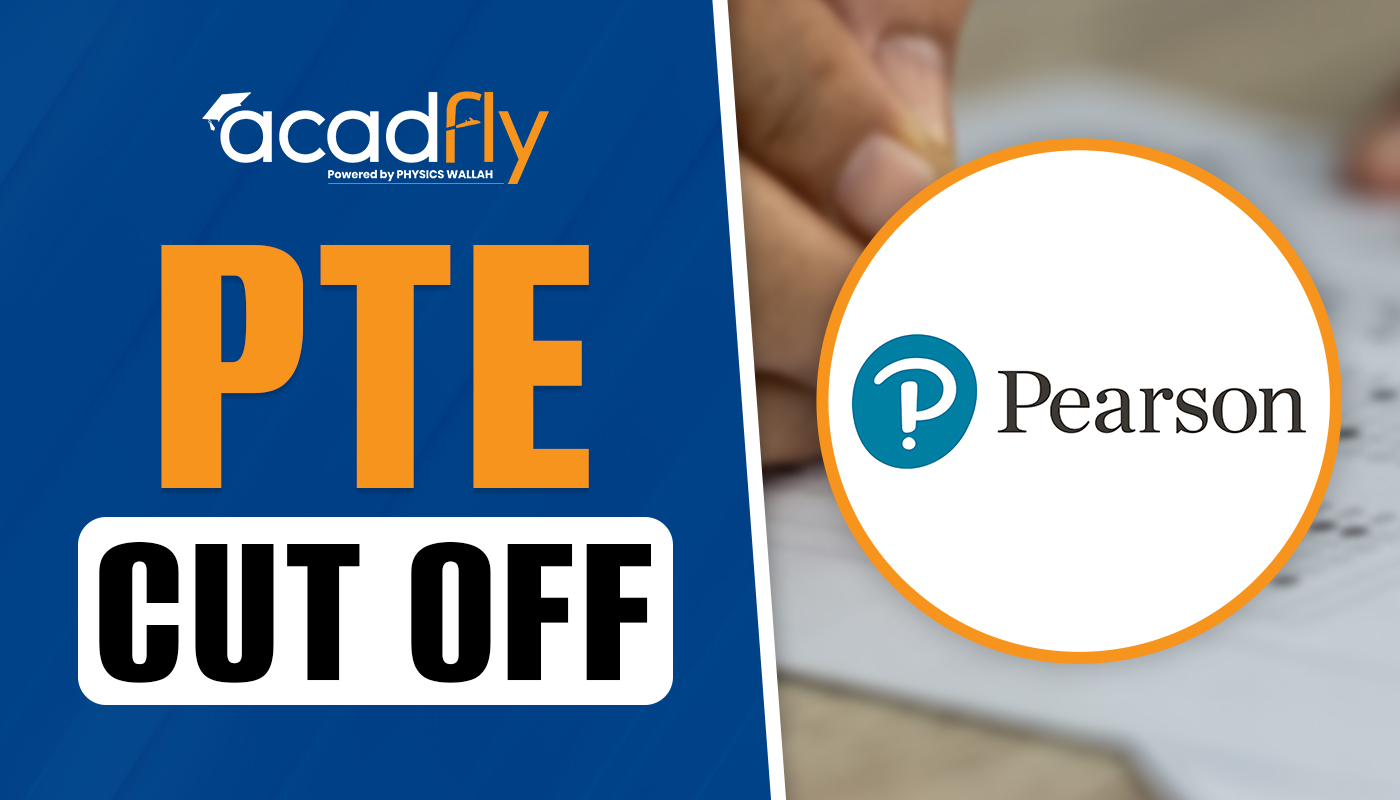
Crafting perfect essays for the TOEFL exam involves understanding and applying effective writing strategies to meet the test's requirements. TOEFL writing essays are a critical component of the exam, assessing your ability to construct well-organized, coherent arguments and express your ideas clearly. To excel in this section, it's essential to focus on both the structure and content of your essays. By honing your skills and following targeted strategies, you can improve your TOEFL writing performance and achieve better results.
Mastering the Writing Section of the TOEFL Exam
When preparing for the TOEFL writing section, mastering TOEFL writing essays is crucial for success. This section of the test evaluates your ability to write clear, organized essays. To do well, you need to understand the key elements of crafting TOEFL essays, including how to structure your thoughts and present your arguments effectively.
Using effective TOEFL essay writing tips can greatly enhance your performance. Focus on creating a clear thesis statement and supporting it with well-organized paragraphs. This approach helps in crafting essays that are easy to follow and persuasive, which is essential for the TOEFL writing section.
Implementing strong TOEFL writing strategies is important for improving your overall writing skills. Practice writing essays on various topics and seek feedback to understand your strengths and areas for improvement. Consistent practice using these strategies will help you become more comfortable and proficient in writing.
Finally, regularly working to improve TOEFL writing will prepare you better for the test. Develop your writing skills by studying sample essays, practicing with timed prompts, and refining your techniques. This continuous improvement process will lead to better results in the TOEFL writing section and increase your chances of achieving a high score.
Essential TOEFL Essay Writing Tips
Mastering the TOEFL essay section requires focusing on specific strategies that enhance the quality of your writing. Here are some essential tips to guide your preparation and help you craft effective essays:
Understand the Essay Prompts Clearly
Make sure you fully understand the essay prompt before you start writing. Read the question carefully to identify what is being asked and plan your response accordingly. Misinterpreting the prompt can lead to irrelevant or off-topic answers.
Develop a Clear Thesis Statement
Your thesis statement should clearly outline the main argument or point of your essay. It serves as the foundation for your essay and helps organize your thoughts. Ensure that your thesis is specific and addresses all aspects of the prompt.
Organize Your Essay with Strong Structure
Structure your essay with a clear introduction, body paragraphs, and conclusion. Each paragraph should have a clear purpose and flow logically from one to the next. This organization makes your essay easier to follow and more persuasive.
Use Relevant Examples and Evidence
Support your arguments with relevant examples and evidence. Concrete details and real-life examples strengthen your points and make your essay more convincing. Avoid generalizations and ensure that your examples directly relate to your thesis.
Proofread and Edit Your Work
Always allocate time to proofread and edit your essay. Check for grammar, spelling, and punctuation errors, as well as for clarity and coherence. Revising your work ensures that your final submission is polished and free of mistakes.
Strategies for Crafting Effective TOEFL Essays
Creating a well-crafted TOEFL essay involves employing specific strategies to enhance clarity, coherence, and argument strength. Here are key strategies to help you write effective TOEFL essays:
1. Plan Before You Write
Take a few minutes to plan your essay before you start writing. Outline your main points and organize them logically. This planning phase helps you structure your essay effectively and ensures that you cover all necessary aspects of the prompt.
2. Use Clear and Concise Language
Avoid using complex language or convoluted sentences. Aim for clarity and simplicity in your writing. Using straightforward language makes your ideas easier to understand and demonstrates strong communication skills.
3. Focus on Coherence and Cohesion
Ensure that your essay flows smoothly from one idea to the next. Use transition words and phrases to connect your paragraphs and ideas. Coherence and cohesion are crucial for guiding the reader through your argument and making your essay more persuasive.
4. Support Your Points with Evidence
Provide detailed examples and evidence to support your arguments. This can include statistics, studies, or real-life examples that relate to your thesis. Strong support for your points makes your essay more credible and compelling.
5. Practice Time Management
Practice writing essays within the allotted time to build your ability to manage time effectively during the test. This practice helps you get comfortable with the essay format and ensures that you can complete your essay within the given time constraints.
Techniques to Improve Your TOEFL Writing Skills
Improving your TOEFL writing skills involves implementing effective techniques that enhance your ability to write clear, coherent, and persuasive essays. Here are some techniques to help you strengthen your writing skills:
Read Widely and Analyze Essays
Regularly read a variety of texts, including essays, articles, and academic papers. Pay attention to how arguments are structured and how evidence is used. Analyzing well-written essays can provide insights into effective writing techniques and styles.
Practice Writing Regularly
Set aside time each day to practice writing essays on different topics. The more you write, the more you improve your skills. Use TOEFL practice prompts to simulate test conditions and develop your ability to write under timed constraints.
Seek Feedback and Revise
Share your essays with teachers, peers, or tutors to get constructive feedback. Focus on their suggestions and revise your work accordingly. Revising based on feedback helps you identify and correct weaknesses in your writing.
Study Grammar and Syntax
Enhance your understanding of grammar and syntax rules. Use grammar guides and online resources to review and practice. A strong grasp of grammar helps you write more accurately and improves the overall quality of your essays.
Expand Your Vocabulary
Build and diversify your vocabulary by learning new words and phrases. Use vocabulary-building exercises and tools to incorporate a broader range of words into your writing. A rich vocabulary allows you to express your ideas more precisely and effectively
Frequently Asked Questions
1.What should I focus on when writing TOEFL essays?
2.How can I improve my TOEFL essay writing skills?
3.How important is grammar and vocabulary in TOEFL essays?
4.What are common mistakes to avoid in TOEFL essays?
5.How can I manage my time during the TOEFL writing section?
6.How should I handle the essay prompts on the TOEFL?
7.Can I use personal experiences in my TOEFL essays?









